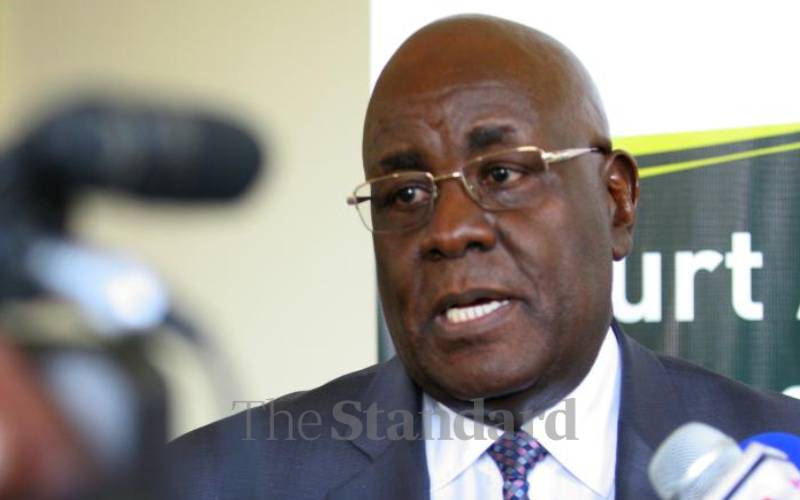×
The Standard e-Paper
Home To Bold Columnists

High Court Judge Aggrey Muchelule addressing the press in Kisumu on November 7, 2018. [Collins Oduor, Standard]
In my encounter in court with a judge in Uhuru “Rejected Six” it was easy to see how great then-Nairobi Chief Magistrate applied law without favour or intimidation despite pressure from powerful officers in government.